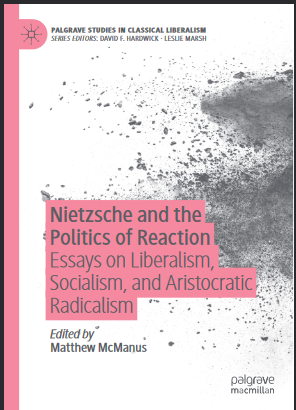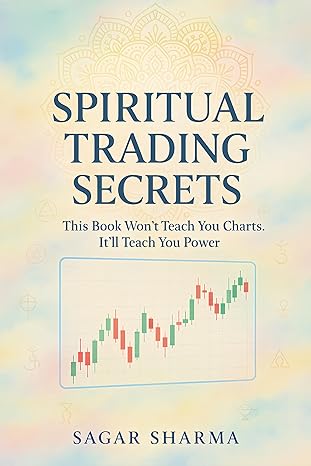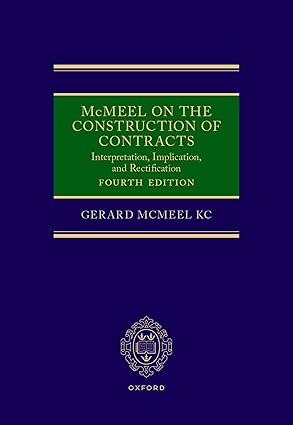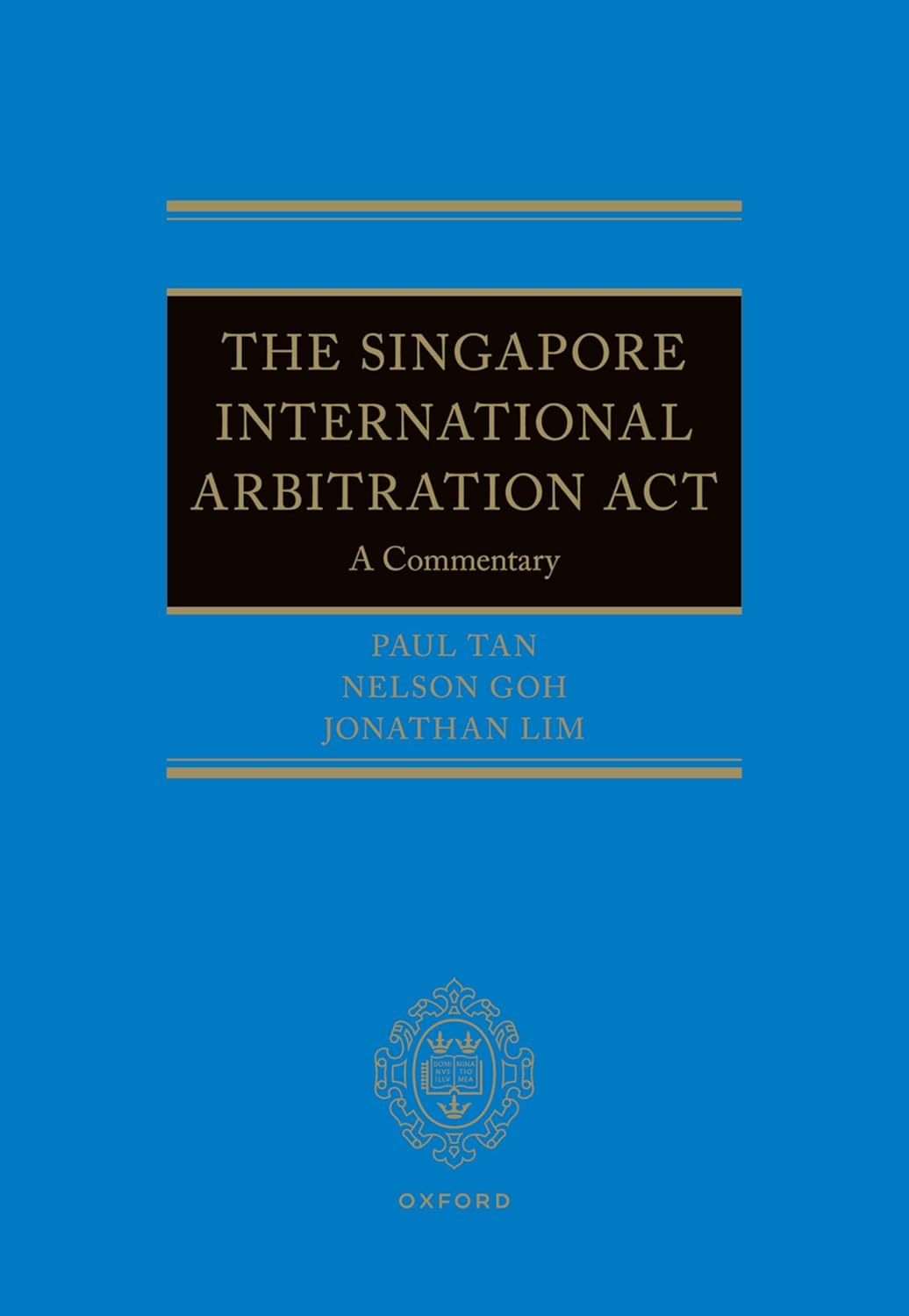88 B. Burgis And yet, here’s Emma Goldman, an ardent advocate of stateless communism who believed that “political freedom without corresponding economic inequality is an empty boast,” on her experience of reading Nietzsche: The magic of his language, the beauty of his vision, carried me to undreamed-of heights. I longed to devour every line of his writings, but I was too poor to buy them. Fortunately Grossmann had a supply of Nietzsche and other moderns. I had to do my reading at the expense of much-needed sleep; but what was physical strain in view of my raptures over Nietzsche? The fire of his soul, the rhythm of his song, made life richer, fuller, and more wonderful for me. (Goldman 1970, p. 348) Goldman shrugged off any apparent tension between her beloved “poet-philosopher” and her own fierce commitment to egalitarianism by arguing that “Nietzsche was not a social theorist” but “a rebel and an innovator” and enthuses about him “hurling anathemas against old values” (Goldman 1970, p. 391 and pp. 347–348). One level, this is all a big maddening. If a revolutionary socialist praises someone as a “rebel,” does that imply at least some level of identification with the rebel’s cause? Before someone who dedicates her life to bringing about a better world goes around celebrating a philosopher’s battle against “old values,” shouldn’t she pause to ask herself what kind of world is being pointed to by whatever new values the philosopher has to offer? That said, I have to admit that I nodded along when I read those passages of Goldman’s memoir Living My Life. I’m not an anarchist but I was already a convinced Marxist when I read The Genealogy of Morals as an undergraduate—and even so I had a more-or-less Goldmanesque reaction to what I was reading.2 There are certainly ways of understanding Marxism that would be easy to reconcile with a basically sympathetic reaction to the Genealogy . Take one of the most memorable passages from the First Essay of that book:
چکیده فارسی
88 B. Burgis و با این حال، اما گلدمن، مدافع سرسخت کمونیسم بدون دولت است که معتقد بود "آزادی سیاسی بدون نابرابری اقتصادی متناظر یک فخر توخالی است"، در مورد تجربه اش از خواندن نیچه: جادوی زبان او، زیبایی دید او، من را به ارتفاعات ناشناخته ای رساند. آرزو داشتم هر سطر نوشته هایش را ببلعم، اما فقیرتر از آن بودم که بتوانم آنها را بخرم. خوشبختانه گروسمن مقداری از نیچه و دیگر مدرن ها داشت. من مجبور شدم به قیمت خواب بسیار مورد نیاز مطالعه خود را انجام دهم. اما فشار فیزیکی با توجه به وسوسههای من در مورد نیچه چه بود؟ آتش روح او، ریتم آهنگ او، زندگی را برای من غنی تر، کامل تر و شگفت انگیزتر کرد. (گلدمن 1970، ص 348) گلدمن با این استدلال که «نیچه یک نظریه پرداز اجتماعی نبود»، بلکه «یک یاغی و مبتکر بود» و مشتاقان، از هرگونه تنش آشکار بین «شاعر-فیلسوف» محبوبش و تعهد شدید خود به برابری گرایی شانه خالی کرد. در مورد او "تکین علیه ارزش های قدیمی" (گلدمن 1970، ص 391 و صفحات 347-348). یک سطح، این همه دیوانگی بزرگ است. اگر یک سوسیالیست انقلابی کسی را بهعنوان «شورشی» تحسین میکند، آیا حداقل سطحی از همذات پنداری با آرمانهای شورشی را نشان میدهد؟ قبل از اینکه کسی که زندگی خود را وقف ایجاد دنیایی بهتر می کند به جشن نبرد یک فیلسوف علیه «ارزش های قدیمی» بپردازد، آیا نباید مکث کند و از خود بپرسد ارزش های جدیدی که فیلسوف ارائه می دهد به چه نوع دنیایی اشاره می کند؟ با این اوصاف، باید اعتراف کنم که وقتی آن قسمتهایی از خاطرات گلدمن Living My Life را خواندم، سری تکان دادم. من یک آنارشیست نیستم، اما زمانی که در مقطع کارشناسی «تبارشناسی اخلاقیات» را خواندم یک مارکسیست متقاعد شده بودم – و با این حال، واکنش کم و بیش گلدمانسکی به آنچه می خواندم داشتم. مارکسیسمی که به راحتی با واکنشی اساساً دلسوزانه نسبت به تبارشناسی آشتی داد. یکی از به یاد ماندنیترین قسمتها از اولین مقاله آن کتاب را در نظر بگیرید:
ادامه ...
بستن ...
Editor
Matthew McManus
Department of Sociology
University of Calgary
Calgary, AB, Canada
ISSN 2662-6470 ISSN 2662-6489 (electronic)
Palgrave Studies in Classical Liberalism
ISBN 978-3-031-13634-4 ISBN 978-3-031-13635-1 (eBook)
https://doi.org/10.1007/978-3-031-13635-1
© The Editor(s) (if applicable) and The Author(s), under exclusive license to Springer Nature
Switzerland AG 2023
This work is subject to copyright. All rights are solely and exclusively licensed by the Publisher,
whether the whole or part of the material is concerned, specifically the rights of translation,
reprinting, reuse of illustrations, recitation, broadcasting, reproduction on microfilms or in any other
physical way, and transmission or information storage and retrieval, electronic adaptation, computer
software, or by similar or dissimilar methodology now known or hereafter developed.
The use of general descriptive names, registered names, trademarks, service marks, etc. in this
publication does not imply, even in the absence of a specific statement, that such names are exempt
from the relevant protective laws and regulations and therefore free for general use.
The publisher, the authors, and the editors are safe to assume that the advice and information in
this book are believed to be true and accurate at the date of publication. Neither the publisher
nor the authors or the editors give a warranty, expressed or implied, with respect to the material
contained herein or for any errors or omissions that may have been made. The publisher remains
neutral with regard to jurisdictional claims in published maps and institutional affiliations.
This Palgrave Macmillan imprint is published by the registered company Springer Nature Switzerland
AG
The registered company address is: Gewerbestrasse 11, 6330 Cham, Switzerland
ادامه ...
بستن ...










